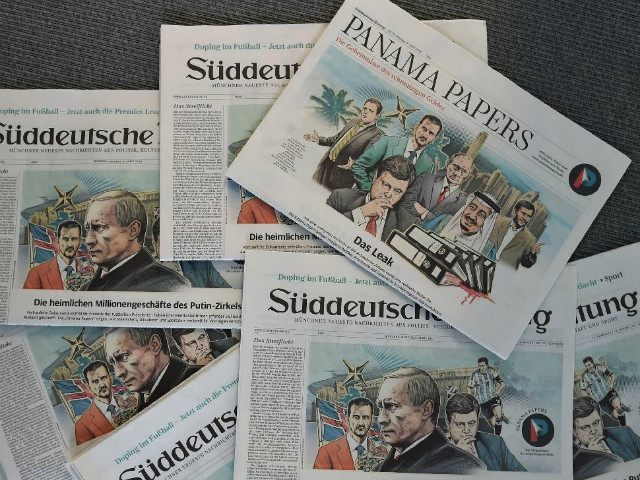One of the more curious Panama Papers stories comes from North Korea, which suffered a massive Internet outage for three hours on Wednesday, two days after the North Korea’s Daedong Credit Bank was revealed as a client of Panamanian law firm Mossack Fonseca.
Vocativ reports the source of the North Korean Internet outage is not yet known, although analyst Doug Madory of Dyn Research wondered if it was a “self-directed outage” — i.e. Pyongyang “turned off” the Internet.
The other possibility would be a massive technical failure, which is more plausible with North Korea’s Internet architecture than with many other countries. Vocativ mentions that North Korea “has a long history of selectively censoring websites in the country, but rarely shuts the internet off entirely for a meaningful length of time.”
North Korea has also been subjected to denial-of-service hacker attacks that resulted in significant Internet outages, although Madory said there were no telltale signs of such an attack in this case.
If the outage happened because Pyongyang deliberately pulled the plug, it might have been taking a cue from its patrons in Beijing, who have been aggressively blocking the Chinese people from reading about the Panama Papers. It would be interesting to know what the North Korean regime sought to accomplish during three hours of deliberate Internet blackout.
As for North Korea’s appearance in the Panama story, AFP reports that Daedong Credit Bank used Mossack Fonseca to create a company called DCB Finance Ltd. in 2006. The new company was registered in the British Virgin Islands by North Korean official Kim Chol-Sam and British banker Nigel Cowie, who was the head of Daedong, and had been living in North Korea for about ten years at that point.
Daedong Credit Bank, DCB Finance Ltd., and Kim Chol-Sam, “were targeted by US sanctions in June, 2013 on the grounds that they had, since 2006, provided financial services to two North Korean entities with a ‘central role’ in developing the North’s nuclear and ballistic missile programs,” AFP writes.
The United States Treasury Department accused DCB of carrying out “international financial transactions as a means to avoid scrutiny by financial institutions avoiding business with North Korea.”
Mossack Fonseca should have been one of the institutions steering clear of North Korea, but in another example of the firm’s now-infamous idea of “due diligence,” they did not realize DCB was an organ of the North Korean regime until the British Virgin Islands’s Financial Investigation Agency started asking questions about DCB in 2010, even though DCB had a registered address in Pyongyang.
Once the Financial Investigation Agency got involved, Mossack Fonseca resigned as DCB’s agent. Among the leaked documents in the Panama Papers was a 2013 email from the law firm’s compliance department, which noted, “we have not yet addressed the reason we maintained a relationship with DCB Finance when we knew or ought to have known from incorporation in 2006, that the country, North Korea was on the black list.”
As for Cowie, he claimed to be “unaware of operating with any sanctioned organization or for any sanctioned purpose during his tenure,” and sold his share of the bank to a Chinese consortium in 2011, as reported by Newsweek.

COMMENTS
Please let us know if you're having issues with commenting.